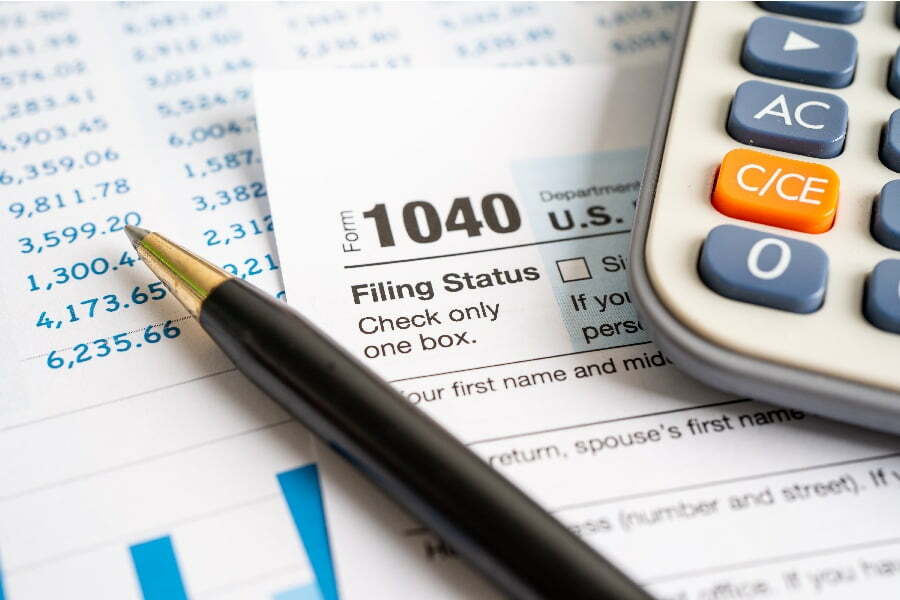You should consult a tax professional to determine how to handle taxes for your moonlighting job.
Taxes can be tricky, especially when it comes to moonlighting jobs. Understanding the rules and regulations related to paying taxes on your additional income is essential.
In this blog post, we’ll discuss how to handle taxes for your moonlighting job so you can make sure you’re in compliance with the law and don’t end up with any surprises down the line.
When moonlighting, you are responsible for paying taxes on your income. You should report your moonlighting income on your tax return and pay any applicable federal, state, and local taxes.
Self-Employment Tax

Self-employment tax is a type of tax that applies to individuals who are self-employed or run their businesses. This includes people who have moonlighting jobs in addition to their regular employment.
Self-employment tax is made up of two parts: Social Security and Medicare taxes. The Social Security portion is 12.4% of your net earnings, while the Medicare portion is 2.9%.
You are responsible for paying both portions of the self-employment tax and any applicable state and local taxes on your income from your moonlighting job.
Payroll Taxes
Payroll taxes are taxes employers and employees must pay for certain types of income. For moonlighting jobs, payroll taxes include Social Security and Medicare taxes and federal and state income tax withholding.
Employers are responsible for withholding these payroll taxes from employee wages, then paying them to the appropriate government agencies. Employees must also pay their share of the payroll taxes through deductions from their paychecks.
It is essential to understand how much you owe in payroll taxes so that you can accurately report your earnings on your tax return each year.
Filing Requirements
Filing requirements for taxes related to a moonlighting job refer to the paperwork and information that must be submitted to report income earned accurately. Depending on the type of work, different forms may need to be completed and filed with the Internal Revenue Service (IRS).
For example, if you are an independent contractor or freelancer, you will likely need to fill out Form 1099-MISC. This form is used by employers who pay non-employees $600 or more during a calendar year.
You may also need to file Schedule C with your tax return to report any profits or losses from self-employment activities. All income earned from moonlighting jobs must be reported on your annual tax return to avoid penalties for underreporting income.
Deductible Expenses
Deductible expenses can be subtracted from your total income when filing taxes. Regarding moonlighting jobs, deductible expenses may include business-related costs such as office supplies, travel expenses, and equipment purchases.
You may also be able to deduct a portion of your rent or mortgage payments if you use part of your home for business purposes. It is essential to keep track of all deductible expenses throughout the year so that you can accurately report them on your tax return.
Related reading:




